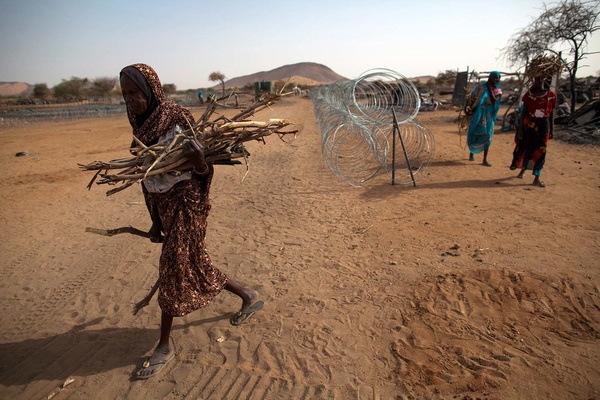
The paper presents a livelihoods conceptual framework that allows an integrated and coherent analysis of livelihoods in Darfur. The Darfur Peace Accord is full of references to livelihoods and the importance of addressing those conditions that hamper sustainable livelihoods for different groups in order to achieve peace and recovery. The paper explains the advantages of a livelihoods analysis in this context, including its capacity to bring together and make manageable complex yet related strands relating to the wider political economy of conflict, its regional dimensions, relevant customary law and institutions, markets and trade etc.
The report was originally published by the Feinstein International Center at Tufts University.